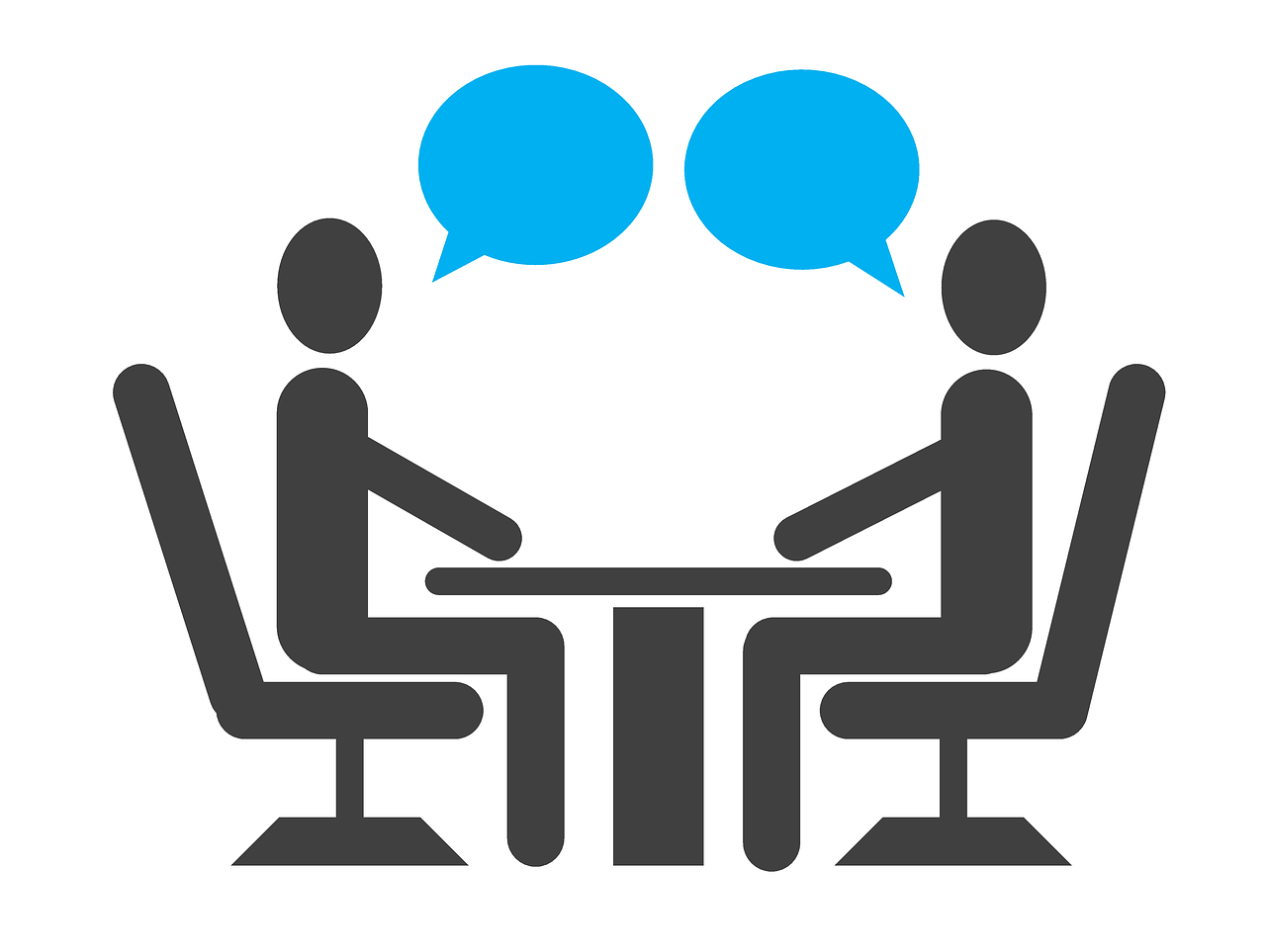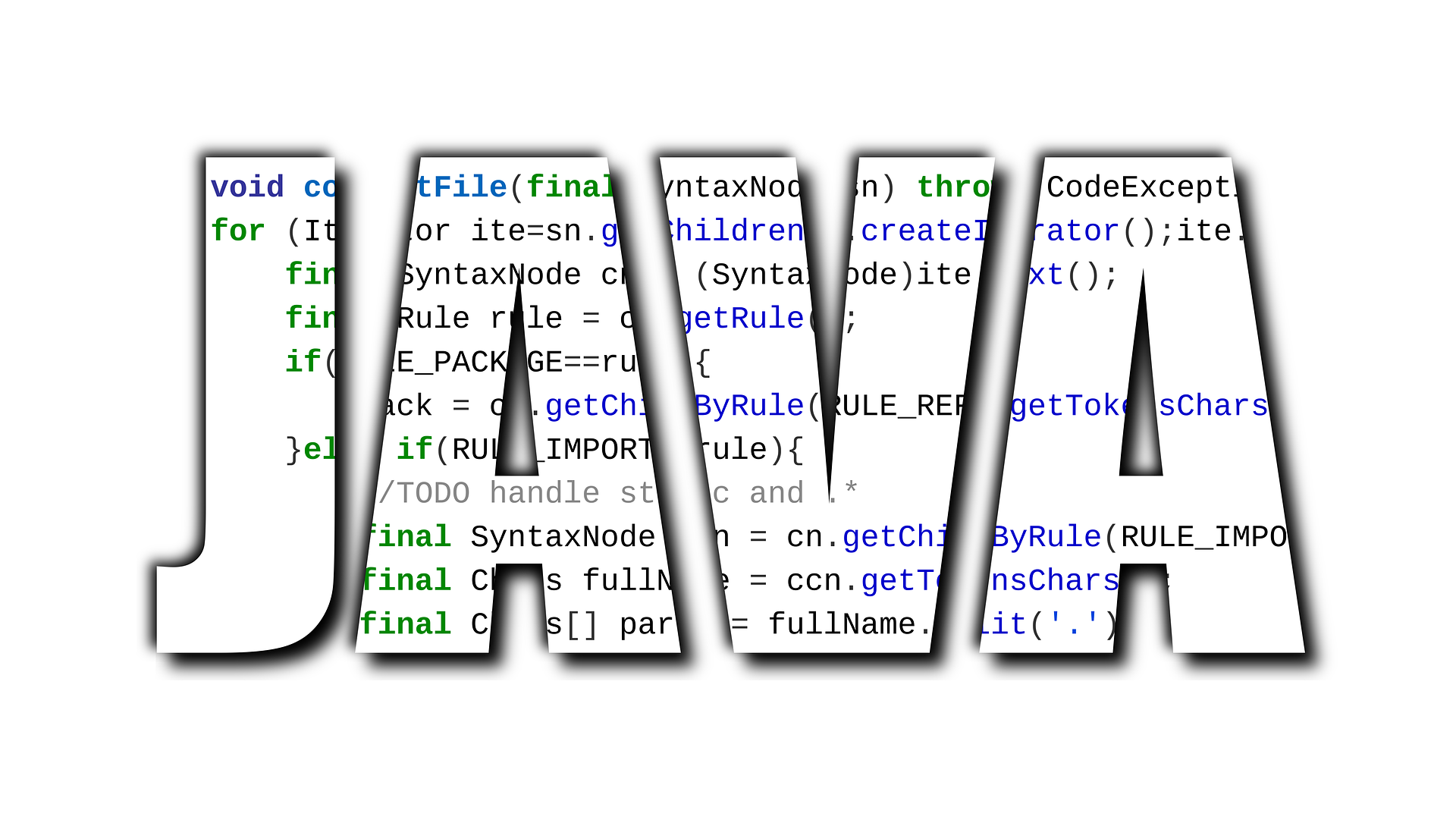Handling a Government Job Interview Like A Pro
If you’ve been approached by a government headhunter for a federal or state job, congratulations! You’re in the enviable position of being on the radar of headhunters, and clearly, they think you’re a suitable candidate for the position for them to approach you! But part of qualifying for an interview for a government job means you’re going to be competing against several other candidates with equal or even better qualifications for the position. Only the one who interviews best will come out on top. Because truth is, federal hiring managers rely heavily on the interviews they conduct to help them identify the best candidate.
So how do you go about preparing for an interview for a government position? Here are a few tips:
- Confirm Details
A day before the scheduled interview, get in touch with the interview organisers and confirm the details of the interview, including the time, day and location of the interview. Not only does it ensure you show up to your interview on time, but it also shows that you are a detail-oriented, proactive individual.
2. Ask Questions
Before the interview, ask the organiser questions about the format of the interview if they have not already been provided. This will include the format the interview will be in (online or in-person), whether it will be with one person or a panel, the people who will be in the interview and how long you can expect the interview to last.
3. Do your Research
Read the job description and conduct research on the government department or position you have been approached for. Find out the key skills required of someone in a similar position, and think of answers to explain how you fit into the role based on these skills. When in the interview, it should be clear that you know exactly what the government department does, how it does it and who it does it for. You should also be aware of the agency’s future goals and think about how you can contribute to helping them achieve them.
4. Think Closely about your KSAs (Knowledge, Skills and Abilities)
Many government agencies use KSAs to identify the best-suited candidates for a position. While some agencies require candidates to present their KSAs in the form of an essay or narrative, many others provide templates with job-specific questions for candidates to fill in at the time of application. These KSAs allow recruiters to quickly screen the applications they get and identify the most qualified candidates.
You may not need to submit a KSA if you’ve been approached by a government headhunter and have already qualified for the interview stage, but making one can still come in handy in the interview process. Write down all your skills, accomplishments and key projects you’ve worked on and practice discussing them in a succinct way.
5. What are the Core Competencies Required of the Position?
For government positions, it is not just important to have the hard skills required to get the job done. Government employees often need to interact with the public and have to make difficult decisions or have difficult conversations with people. Similarly, they may also have to work in stressful situations, in a crisis or under significant pressure.
Your core competencies (or soft skills) can often be the deciding factor between whether you get the position or not. Think about situations when you have demonstrated the soft skills required, for example, talking to a client during a stressful situation, working under budget cuts or even how you managed to solve a management issue.
6. Prepare an Introduction
If you’ve been approached by a headhunter for a government position, chances are the interviewers have already been briefed on why you are a good fit for the position and your qualifications. However, the interviews may still need to hear your introduction from your own mouth to judge your confidence, enthusiasm and discover reasons to hire you beyond the skills written on your resume.
In your introduction, lead with who you are and why you’re here. You may also talk about what you see yourself doing in the future, your overall mission, interest and the top reasons why you believe you’re suited for the position. However, there is a very fine line between confidence and cockiness, and overstepping that line can often lead to leaving a bad taste in the interviewer’s mouth.
7. Practice
Before the interview, use plenty of time to practice going over your introduction, possible questions and your mannerisms in front of a mirror or a video and audio recorder. Go over the video and audio and find ways to make yourself look and sound more confident and genuinely enthusiastic, such as sitting up straighter, talking with interest, making eye contact with the interviewer and ensuring you don’t ramble on and on when answering a question. Most government agencies do not just want people who have the skills necessary to get the job done, they are also looking for dedication to their cause and a genuine interest in helping them achieve their goals. So be sure to portray that passion.
Getting approached by a government headhunter is just the first step in getting a government position. The rest is up to you and how well you present yourself in the interview. Use these tips to help you get your next federal position.




Post Comment